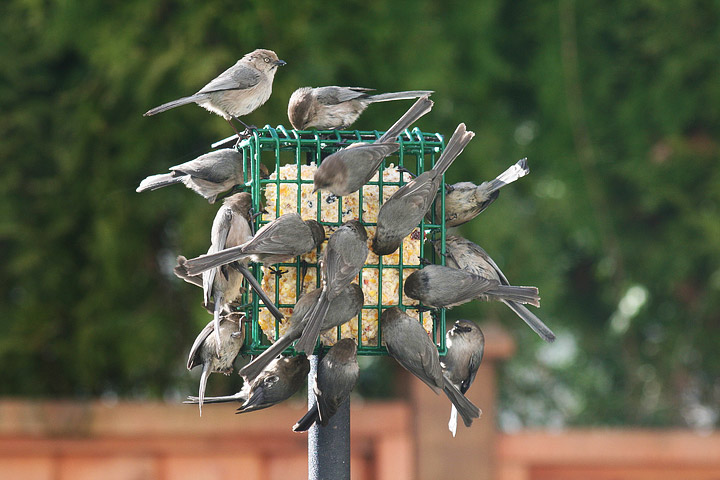
Feeding the Wild Birds
I sometimes forget to refill my feeder. Are the birds going hungry as a result?
Wild birds are pretty adaptable to change. If you go on vacation and forget to refill your feeder, they’ll probably just head to your neighbor’s house. However, in the winter you’ll need to be especially mindful. Feeders normally provide supplemental sources of food. But some wild birds such as chickadees, sparrows or finches are seed eaters and may become more reliant on your feeder in particularly bad weather (ex. blizzards or ice storms).
I just got a new feeder. How long will it be before the birds find it?
Your new feathery friends could flock to your house in less than a day or it could take several weeks. Do you have a lot of feeders in your neighborhood? Wild birds that are accustomed to having feeders nearby know an easy meal when they see one. And what kinds of birds do you have in the area? House sparrows and titmice find new feeders quite quickly. If you still find that they’re slow to show, try using some bird decoys or scattering some sunflower seeds on the surrounding ground.
How often should I change out the nectar in my hummingbird feeder?
In order to keep the food fresh, you should change out the nectar once a week.
What is the best way to store bird seed?
Store bird seed in a cool and dry location. You should use a plastic container. If you’re in an area where rodents or squirrels may be an issue, then use a metal container.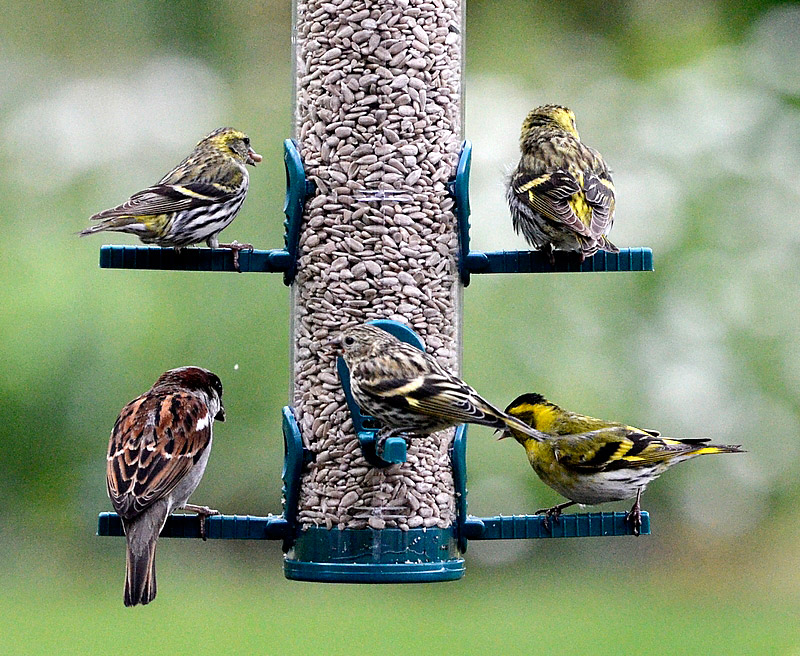
If I continue to feed the birds, will it prevent them from migrating?
The plethora of food that you leave for the birds will not prevent them from flying south for the winter. Wild birds will begin to migrate as the seasons change. They’ll leave in the fall as the days get shorter and come back as the days get longer in the spring.
Wild Bird Safety
What can I do to prevent birds from flying into my windows?
Over one billion birds die from flying into windows each year. There are a couple of things you can do to prevent this from happening at your house. Make sure that you install your feeder less than three feet from a window so that birds visiting the feeder can’t get up enough flight speed to hurt themselves. You can also apply window film or netting in front of the glass.
I’ve heard that bird feeders can spread disease. Should I be worried?
It’s possible they can spread disease, but it’s also preventable. It’s imperative that you keep your feeder clean. This is especially true in the summer when hot temperatures can encourage the spread of disease. If you have a platform feeder, you’ll need to change your seed every day or two when it’s raining or snowing. Wet seeds can carry bacteria that can be harmful to birds.
Is bird poop dangerous?
There is a minor risk of disease transmission when you have contact with bird droppings, especially for people with compromised immune systems. Wash an area that comes into contact with hot, soapy water.
Will pesticides harm my birds?
Chemicals that are harmful to insects could potentially be fatal to your bird population. Use natural, organic alternatives to pesticides, and your landscape will be healthier for you and the wildlife around you.
Wild Birds Watching
I want to see the birds at the feeders. What are the best times and weather conditions to view them?
You’ve heard the expression “getting up with the birds”? Well, that’s what you’ll need to do if you’d like to get a glimpse of them. Wild birds typically visit feeders early in the morning and then again at dusk. It’ll be more difficult to spot them in the afternoon or in rainy weather. However, if it’s snowing you can expect to find juncos and sparrows hanging out at the feeders. They typically eat off the bare ground and that’s hard to do when it’s all covered up.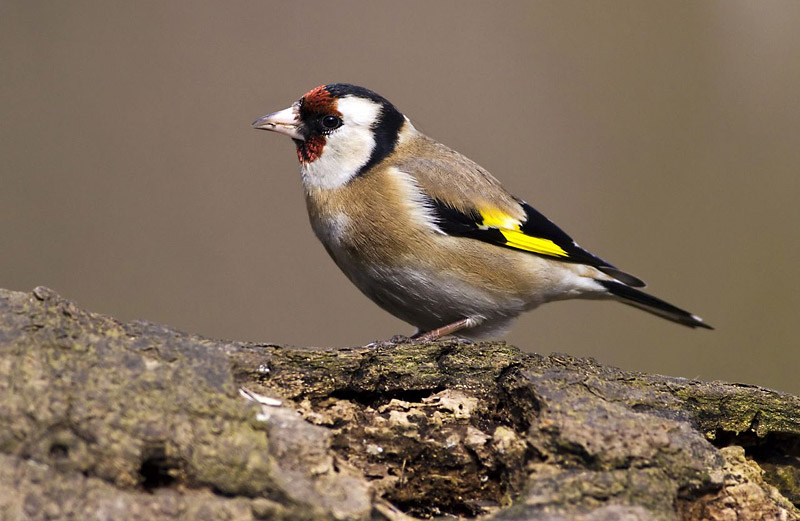
I recall seeing more birds last year. What’s happened?
There are several factors that could prevent birds from flocking back to your region. Changes in weather and natural food supplies will affect them, as well as the invasion of predators. Are you living in a developing area? If trees are being cut down to make room for new houses and commercial ventures, birds will need to look elsewhere for food and shelter.
Injured Birds
I found an injured bird. What should I do?
As much as you may want to scoop them up and care for them, you should never try to treat a wild bird yourself. Contact a local wildlife rehabilitator.
What should I do if I find a baby bird that’s been abandoned or fallen from the nest?
Determine if the baby bird is a nestling or a fledgling. If it doesn’t have many feathers and is incapable of moving around on its own or gripping tightly to your finger, it’s probably fallen from its nest. Find the nest and put it back as quickly as possible.
If the bird has feathers and is capable of hopping and can grip your finger or a twig with its toes, it’s a fledgling. Its parent is nearby, and this bird should be left alone.
Rodent Issues
The squirrels are eating more seed than the birds. What can I do to keep them away?
There are a few things you can do. Discontinue feeding for a few weeks and see if that helps. Another option is to get a pole-mounted feeder. It should be about five feet off the ground and at least ten feet away from any structure or tree that a squirrel could jump from onto the feeder. Another option is to feed both the squirrels and the birds. Squirrel feeders that are stocked with their favorite grub will leave them less likely to mess with your birds and their pricier seed. Make sure to install the two feeders far away from one another.

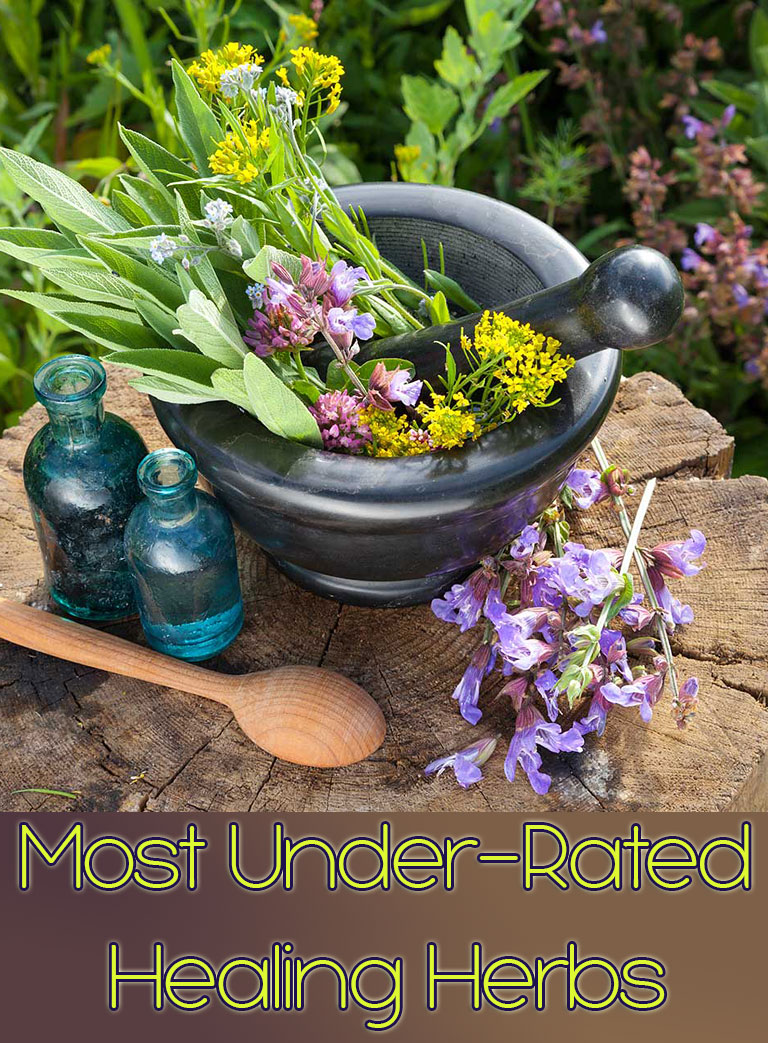
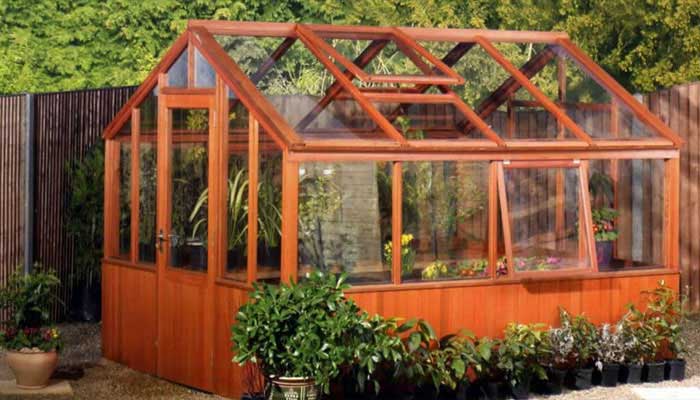

Leave a Reply